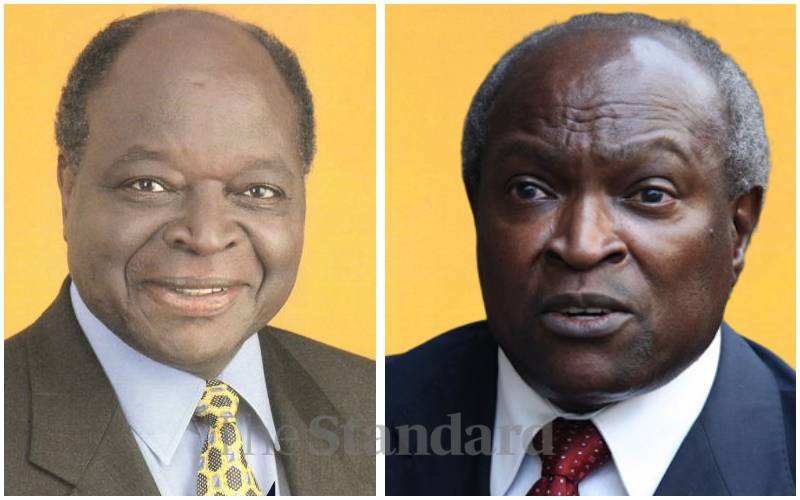×
The Standard e-Paper
Join Thousands Daily

Former President Emilio Mwai Kibaki quietly left the earth just as he did the office when he retired. Kibaki breathed his last on April 21 2022 and was given a State funeral led by the Kenya Defence Forces (KDF).
After leaving government, Kenya's third president and an economist of repute mapped out how his earthly wealth would be shared among his children. He listed Judy Wanjiku, Jimmy Kibaki, David Kagai and Anthony Githinji as his children and heirs to his Estate.